Is your company’s health benefits plan fully insured or self-funded? Are you perplexed by this question? If you answered yes, you’re not alone in your uncertainty. You might think, of course, “My company offers health insurance, and our employees contribute by paying a monthly premium to have it. So, yes, we are fully insured, and we collectively self-fund our health plan.” But the real question we’re asking is, “How is your overall health care plan being funded?” Today, there are several different ways in which a company can manage its plan.
Fully Insured vs. Self-Funded Health Plans
Fully insured health care plans are most commonly used by small to midsize employers with fewer than 1,000 employees. A fully insured plan means that an employer pays a fixed premium every year, regardless of the amount of claims. Often, annual claims are less than the premium paid, but the carrier keeps the total amount. There is no reward for having a healthy workforce whose claims fall below the annual premium. As an employer, you either use it or lose it, and the insurance carrier retains any savings. This, coupled with year-over-year rising costs, is why fully insured programs are not always an ideal option for employers trying to offer affordable health benefits without passing along the increases to their employees.
Traditionally, larger employers have the option to self-fund their health plans. In this case, the employer takes on the risk of paying all the claims and relies on a stop-loss carrier to handle any catastrophic claims that may occur. However, self-funding means the employer pays only those claims incurred and not a set premium that often exceeds actual costs. Self-funded health plans enable an employer to control its spending through transparency in claims data to help identify cost-savings opportunities. The advantage of actively managing spend to employ cost-containment strategies far outweighs the risk. Plus, employees are provided a high-quality level of care typically at a lower cost—promoting the attraction and retention of top talent. Self-funding is widely recognized as the most efficient funding method available for health care benefits.
Most employers would choose self-funded health plans like a Fortune 500 company, if given a choice. However, an employer’s size dictates its options—size matters. Luckily, small to midsize employers now have an opportunity to operate like a large employer and manage their health care through a self-funded medical group captive.
Medical Group Captive
In its simplest form, a medical group captive is a self-funded health plan where employers pool their risk. The word “captive” is positive in this context and provides the freedom of choice. Each employer maintains its individual health plan based on its specific needs, but the pooling and risk sharing remove volatility. These employers would otherwise be too small to self-insure their employee health care benefits on their own and would be subject to high premiums
found in the traditional fully insured market. Further, employers get flexibility in plan design and ways to save with little to no disruption to their employees.
Buying health insurance should not be a rash decision made each year but rather a well-thought-out strategic plan to manage this significant expense. While some providers may offer a low price to “buy” the business, maintaining affordable rates over the long run is often not a reality unless the funding strategy provides long-term ways to save. The Fred C. Church Employee Benefits team has access to several medical group captive solutions that deliver enhanced variable cost funding. These options allow for a greater return on savings over the long term. The employer retains any unused funds in the employer claims account and retains underwriting premiums from the risk-sharing pool on a pro rata basis. Talking to us about a self-funded health plan is an intelligent way to manage your medical program when it comes to cost saving.
To learn how you can start saving on your health benefits plan today or to hear more about our employee benefits approach, contact Ian M. Lonsdale, Client Executive, at 978-322-7346.



